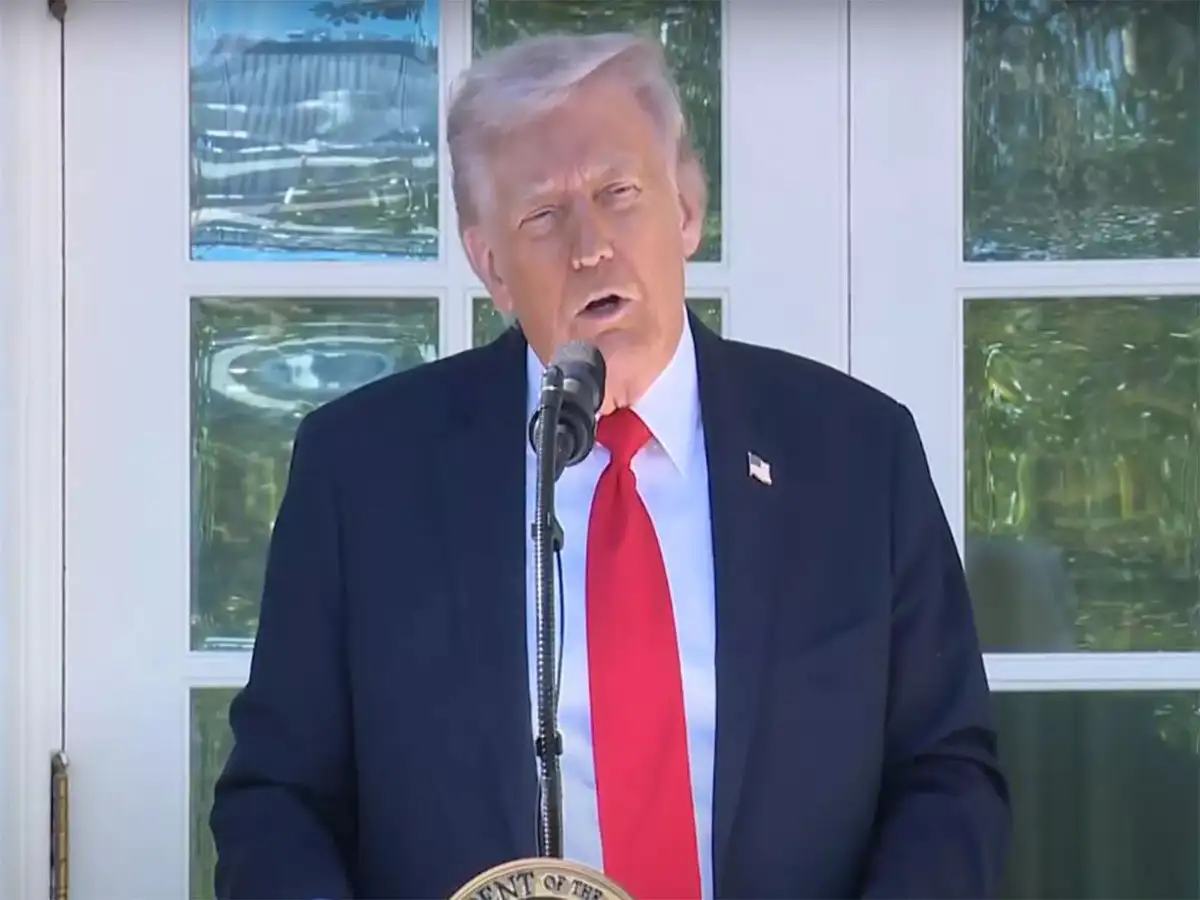USCIS Lifts H-1B Fee for Existing Holders, But New Student Caps Threaten Future Talent Flow
While current H-1B applicants receive immediate relief from a controversial fee, new restrictions on foreign student admissions introduce significant long-term uncertainty for international talent seeking U.S. education and career pathways.

Article Summary
The U.S. Citizenship and Immigration Services (USCIS) has clarified that a controversial USD 100,000 H-1B visa fee will not apply to existing visa holders and students already in the nation, providing significant relief, particularly to Indian professionals. However, this relief coincides with new proposed limitations on foreign student admissions, including a 15% cap on total international students and a 5% limit from any single country, which the Global Trade Research Initiative (GTRI) warns could impede the future flow of talent to the U.S.
[ Sentiment: negative | Tone: factual ]
This summary and analysis were generated by TheNewsPublisher's editorial AI. This content is for informational purposes only; it does not constitute legal or immigration advice.
TNP AI: Key Insights
This development offers immediate financial relief to thousands of Indian professionals and students already in the U.S. who were facing a prohibitive $100,000 H-1B visa fee, a controversial measure announced earlier. For employers, this clarity ensures continuity for existing talent transitions without unexpected exorbitant costs, stabilizing workforce planning for current visa holders.
However, the simultaneous proposal for caps on foreign student admissions—limiting international students to 15% of total university intake and 5% from any single country—creates significant long-term implications. This directly impacts countries like India, which send the largest cohort of students, potentially narrowing the future pipeline of skilled talent for the U.S. workforce and forcing aspiring professionals to reconsider their educational and career options amidst policy volatility.




